
SHOZO SHIMAMOTO BETWEEN ACTION AND MATTER, BETWEEN GUTAI AND ART AUTRE
Introduction:Italo Tomassoni
The Historical Avantgarde, focusing essentially on an analysis of space, polarized its research onto a horizontal expansion of visual knowledge by choosing form as a symbolic category of the new. This approach took shape in Cubism and Futurism, the former exploring the expansion of space and point of view, the latter experimenting with the occupation of the world through speed, communication, and language.
Interrupting this linear trend, World War II forced art to fall back into a centripetal existential current. The abolition of space did not, however, lead art to rediscover the centre, but pushed consciousness to probe the boundaries of its internal limits and to analyze the moments and methods of its expressive processes. Thanks to this approach, hand in hand with late twentieth-century thinking, the neo-avant-gardes immersed the artist in a flow that expanded beyond limit the relationship between creativity and the world, also on the anthropological level, giving rise to a semiology that committed the artist to also, and directly, address the medium of his or her own body.This led to artwork where the body, now a code of itself, found itself linked more closely to life and geography than to history and interpretation of the world.
Happenings, Performances, and Actions shifted their sphere of interest from mental to physical space, situating the work amid lived experience, the environment, and the audience, with theatrical transits during which the artist opens up to totally “other” worlds, becoming a mime artist, shaman, preacher, play-actor, and sometimes even clown, as Nietzsche predicted in Zarathustra. It was precisely this “otherness” that marked the art of Shozo Shimamoto and the Japanese artists of the Gutai Group (1954-1972) who gave life, through the actions produced by means of their bodies, to a creativity freed of every intellectual superstructure, resplendent with primordial beauty.
This article excerpted from the book "Shozo Shimamoto Grandi Opere | Major Works" which was published on the occasion of the exhibition, curated by Italo Tomassoni, Centro Italiano Arte Contemporanea, Foligno, September 19, 2021 – May 1, 2022
Exhibition Project curated by / Giuseppe Morra, Elio Spagnuolo
Exhibition Videos / Associazione Shozo Shimamoto, Mario Franco
Exhibition Graphic Design / VIAINDUSTRIAE
Insurances / P.L. Ferrari & co - Insurance Brokers
Museum Service / Maggioli Cultura Moving art
Editorial Project / Officine Grafiche Francesco Giannini & Figli S.p.A.
Project Editor / Federico Decandia
Texts / Umberto Nazzareno Tonti, Giuseppe Morra, Italo Tomassoni, Shoichi Hirai, Jiro Yoshihara, Shozo Shimamoto, Jérôme Neutres, Gabriella Dalesio, Lorenzo Mango and Andrea Mardegan, Achille Bonito Oliva, Yaman Shao, Ada Lombardi
Translations / Adrian Bedford
Photographs / Amedeo Benestante, Fabio Donato, Lionello Fabbri, Brian Forrest, Giovanni Gilli, Andrea Mardegan, Elisa Partenzi, Giorgio Zucchiatti
Photo Courtesy / ALIEN Art Centre, Archivio Storico della Biennale di
Venezia ASAC, Associazione Shozo Shimamoto, Axel & May Vervoordt Foundation, Axel Vervoordt Gallery, Fondazione Cassa di Risparmio di Foligno, Fondazione Morra, Tate Modern, The Museum of Contemporary Art Los Angeles
Communication Office and Assistant Editor / Eliana Famà
Thanks to / Mauro Manganelli, Raffaella Morra
ISBN: 978-88-7852-044-8
Shozo Shimamoto Grandi Opere Major Works Catalogue © ALIEN Art
Shozo Shimamoto Grandi Opere Major Works Catalogue © ALIEN Art
Palazzo Sant’Elia Palermo, 2018, Spazio nel tempo ©Fondazione Morra
Certosadi SanGiacomo Capri, 2008, Vento d’Oriente ©Fondazione Morra
Shozo Shimamoto and Giuseppe Morra ©Fondazione Morra
Punta Campanella , 2008, Vento d’Oriente ©Fondazione Morra
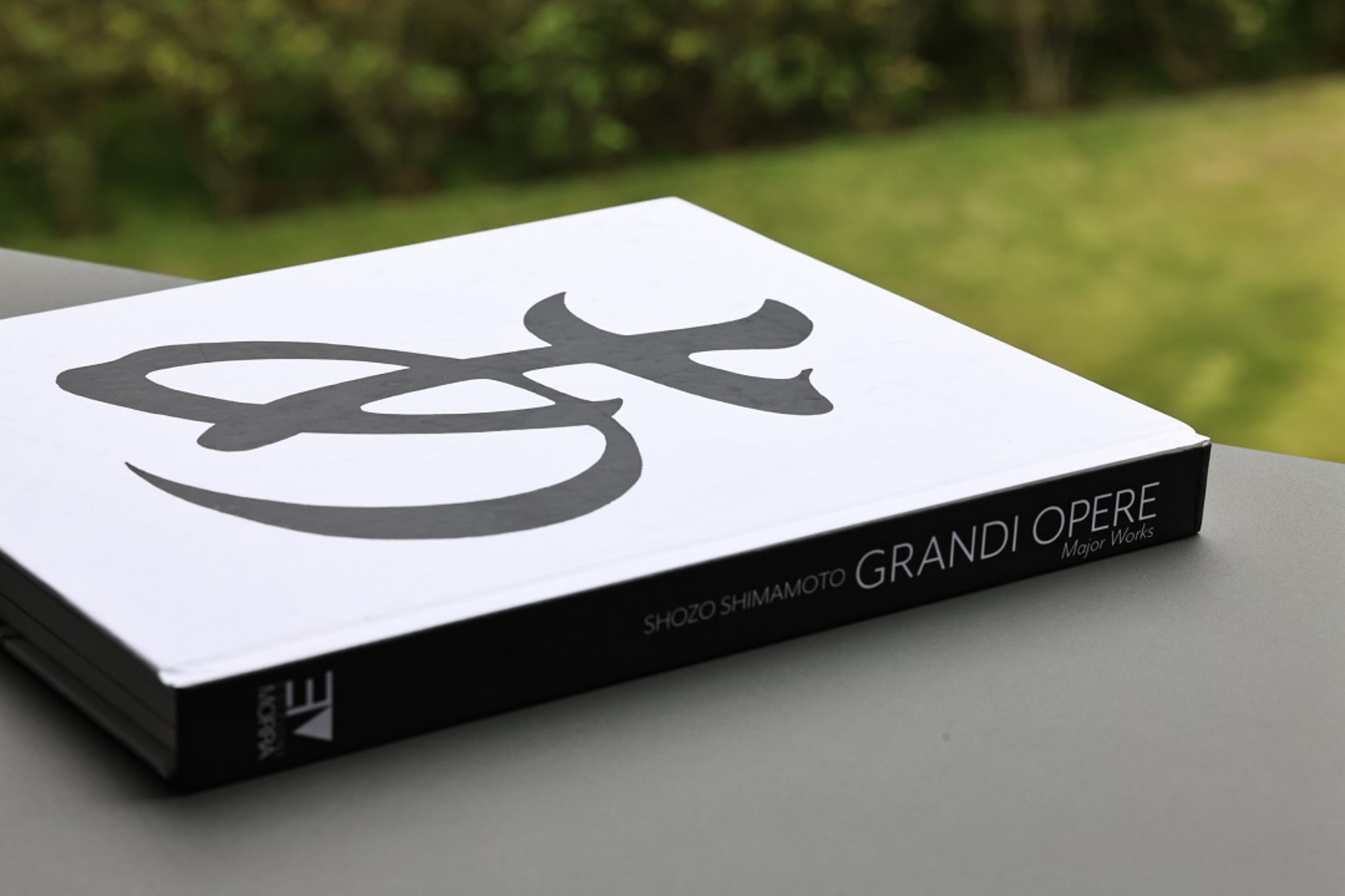
Shozo Shimamoto Grandi Opere Major Works Catalogue © ALIEN Art
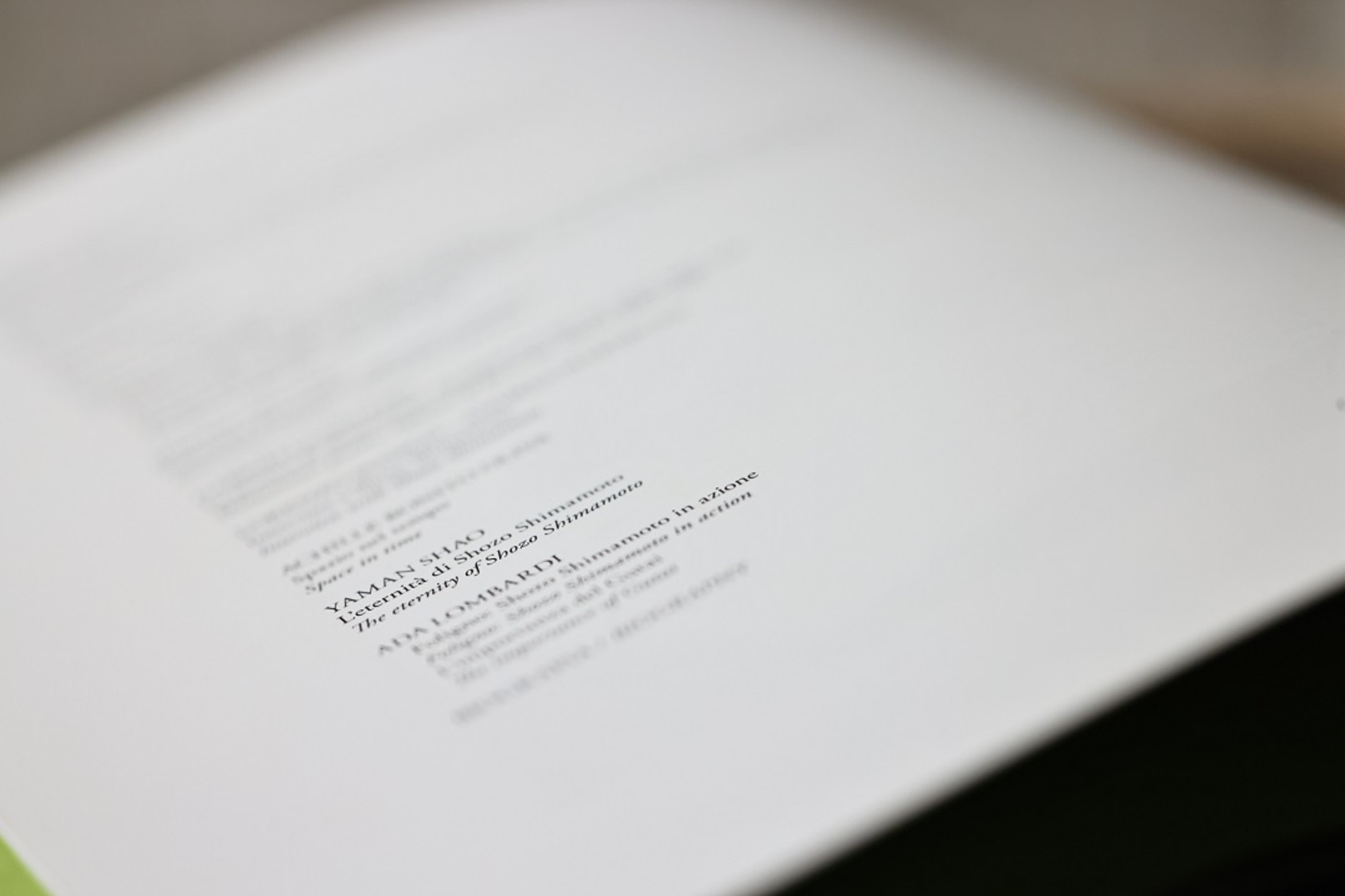
Shozo Shimamoto Grandi Opere Major Works Catalogue © ALIEN Art
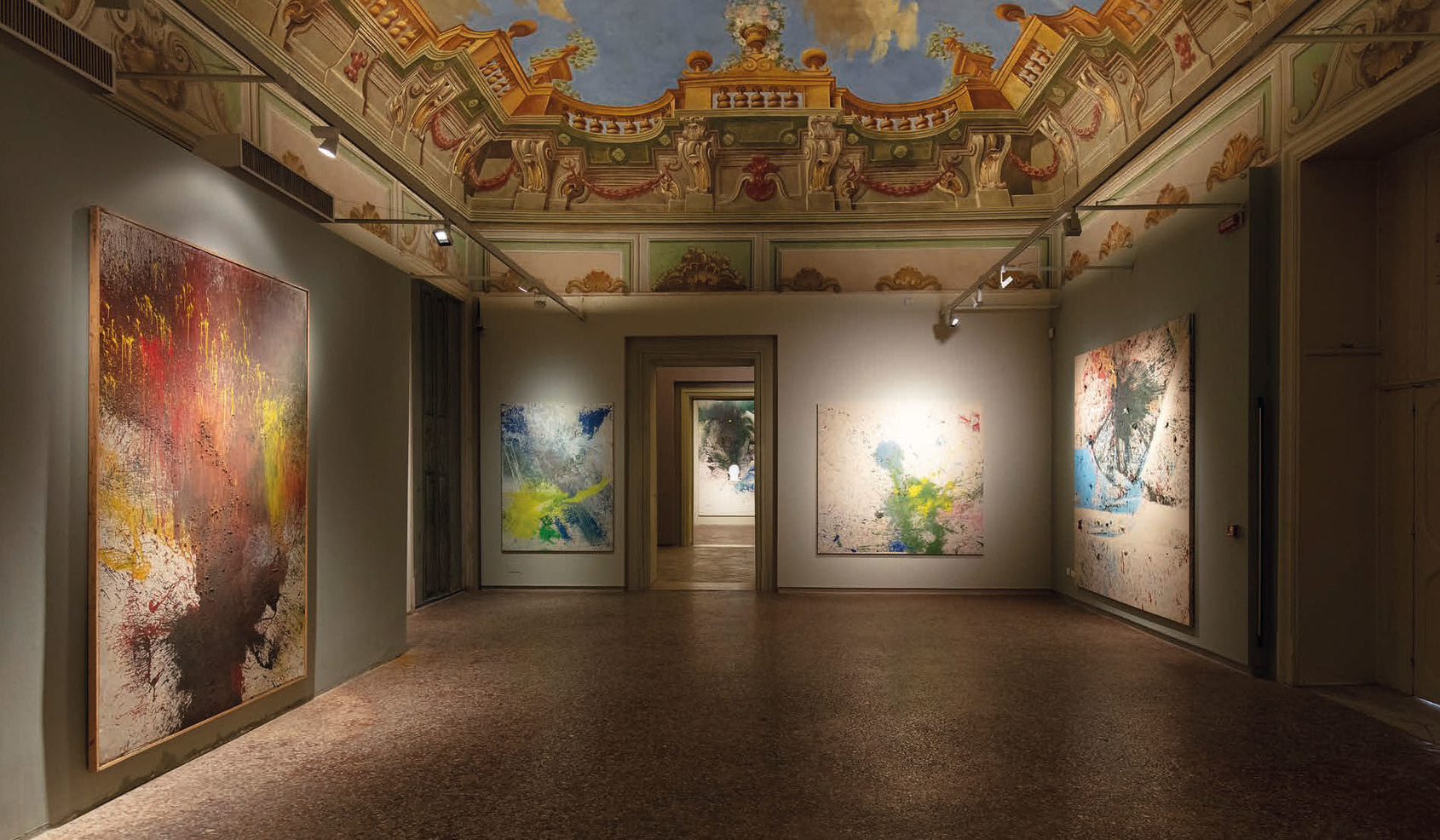
Palazzo Sant’Elia Palermo, 2018, Spazio nel tempo ©Fondazione Morra
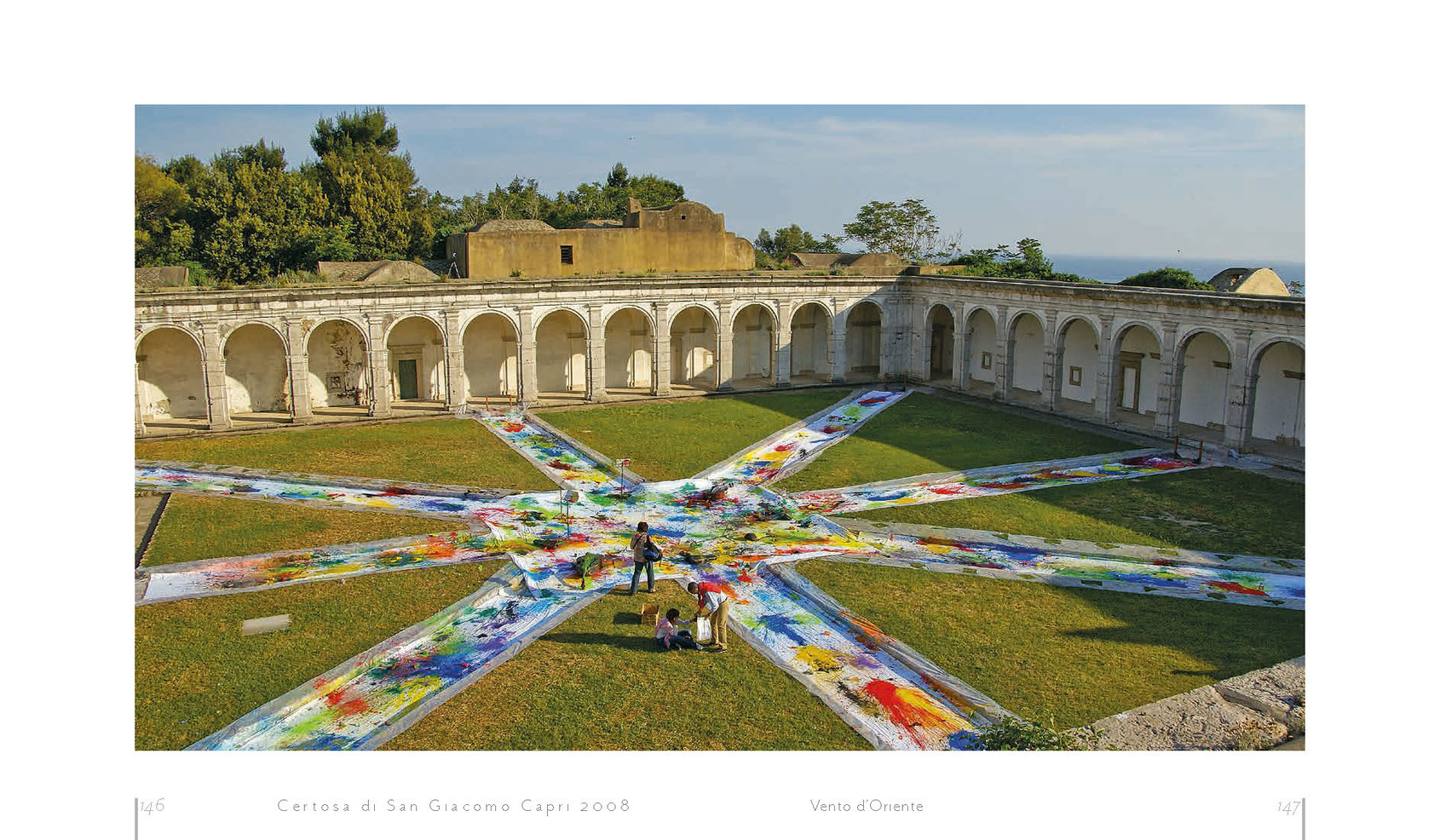
Certosadi SanGiacomo Capri, 2008, Vento d’Oriente ©Fondazione Morra
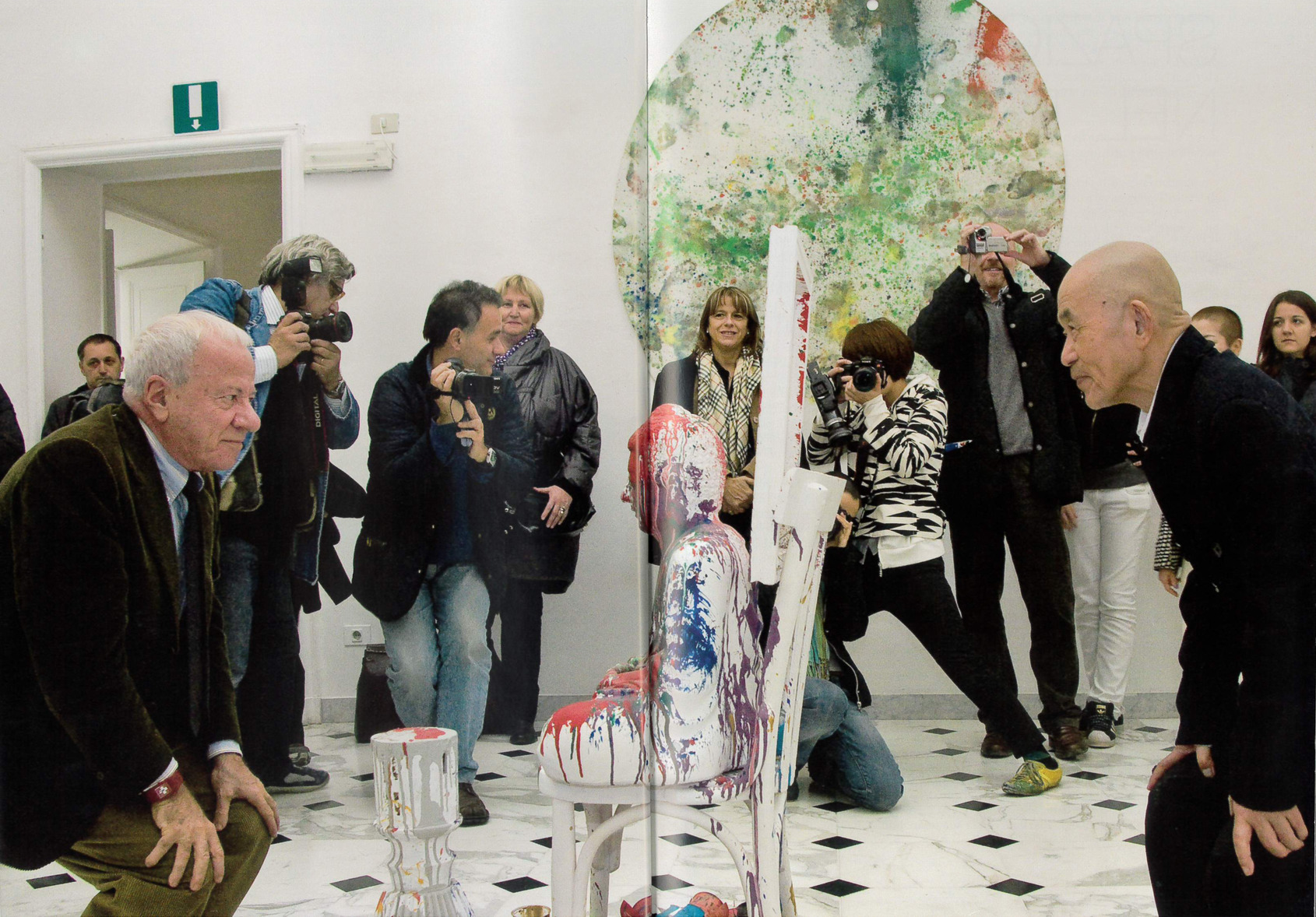
Shozo Shimamoto and Giuseppe Morra ©Fondazione Morra
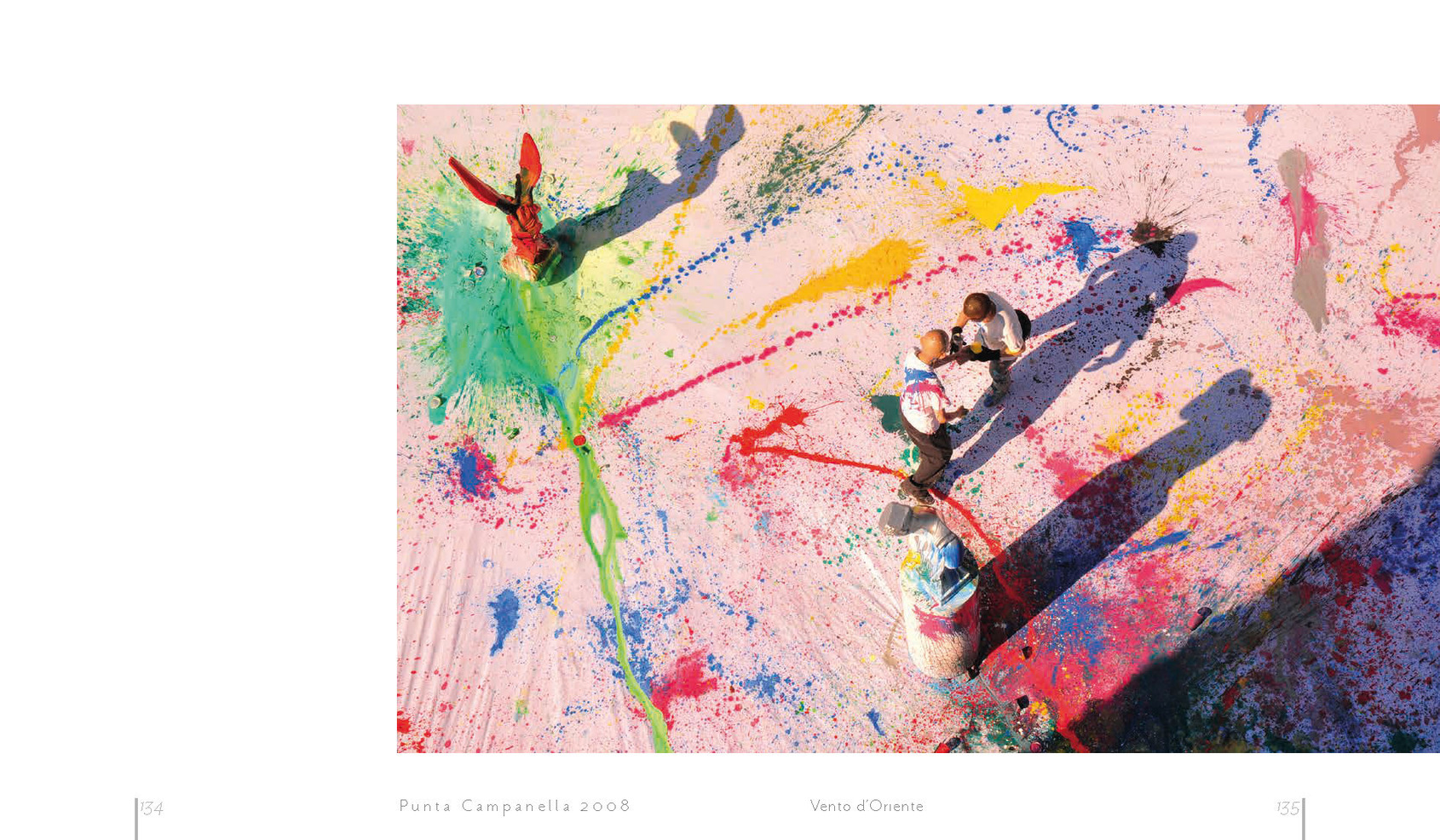
Punta Campanella , 2008, Vento d’Oriente ©Fondazione Morra